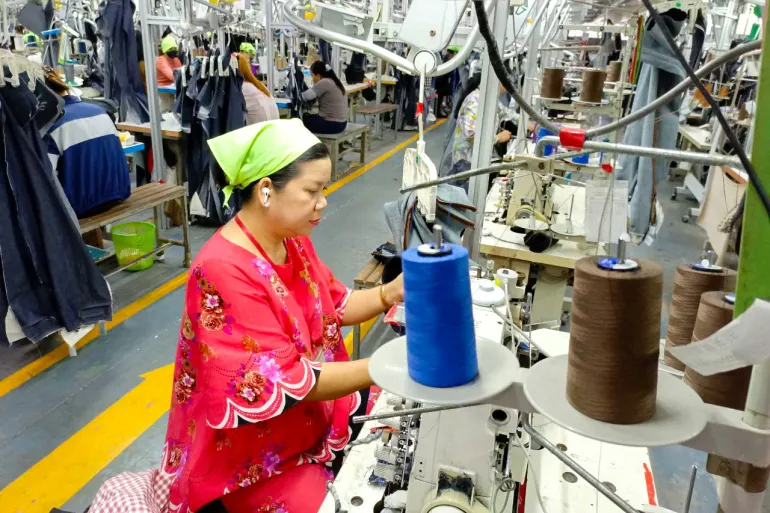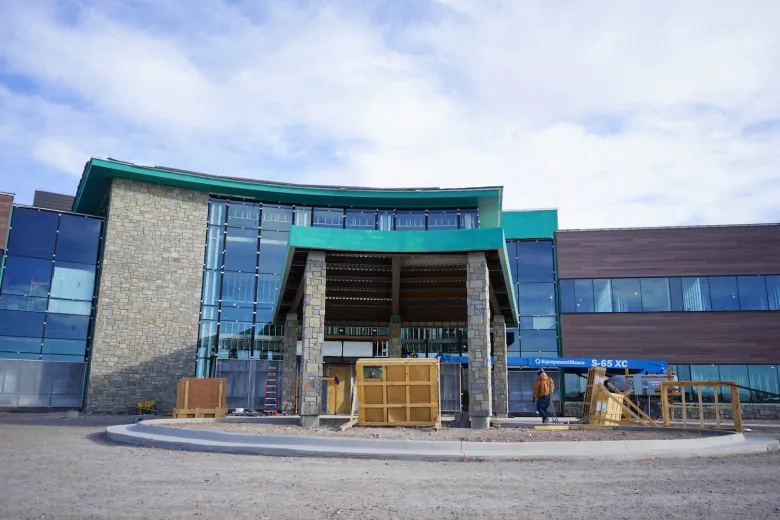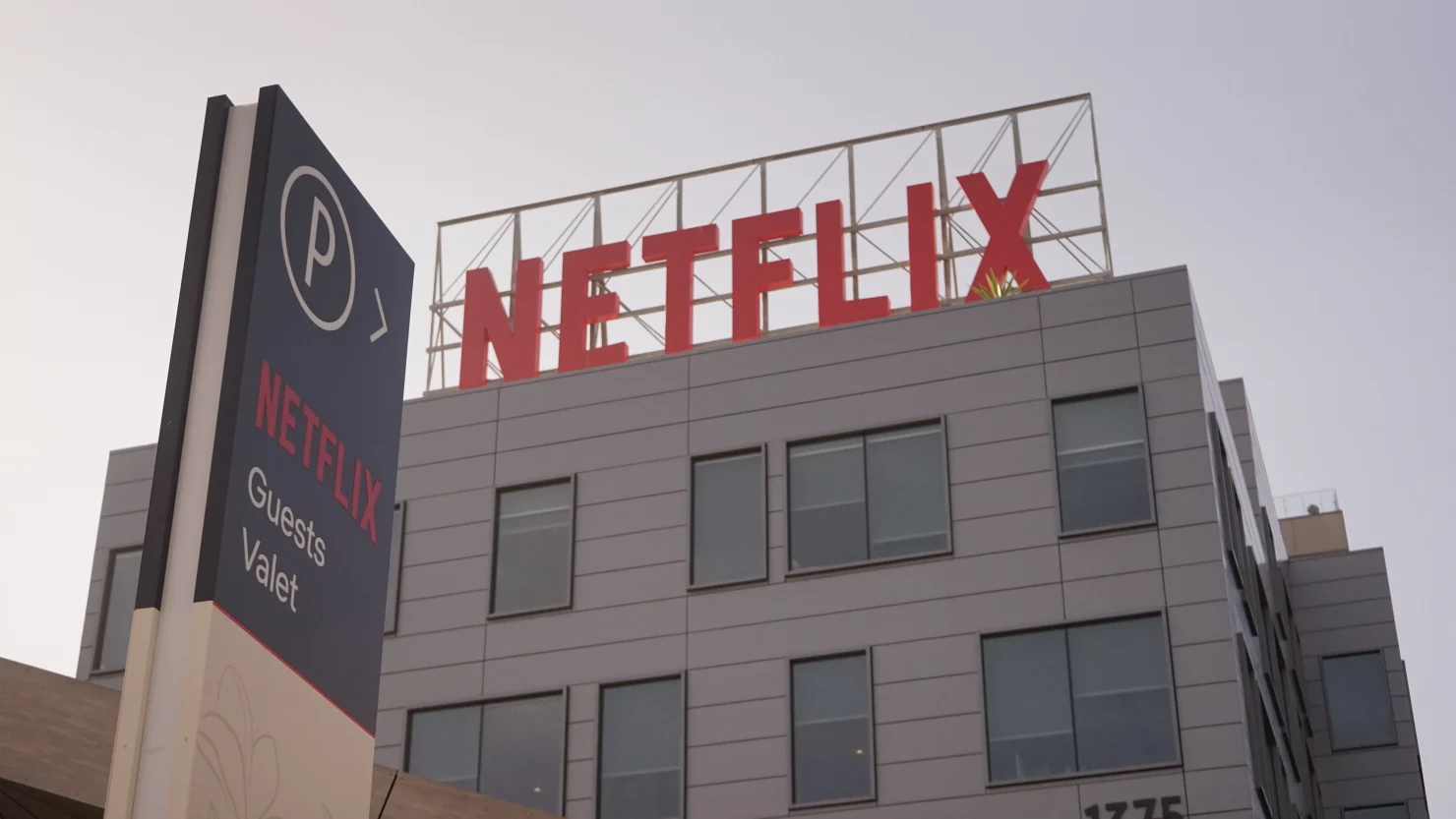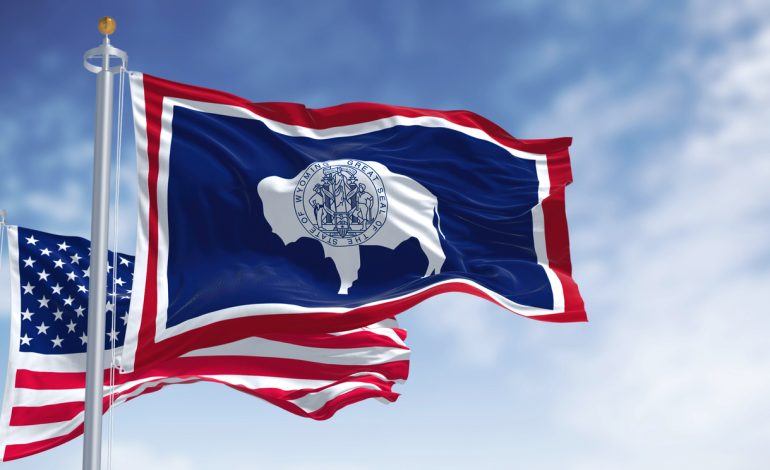As Wyoming’s pari-mutuel industry rockets from niche to everywhere, state lawmakers are asking a basic question: who should call the shots when new betting halls come to town — the state, local governments, or the voters themselves?
At a meeting next week, the Legislature’s Select Committee on Gaming will take up two draft bills that pull in opposite directions. One would give cities and towns a direct thumbs-up/thumbs-down on simulcast and other pari-mutuel facilities inside their borders. The other would strip local approval power and leave licensing solely to the Wyoming Gaming Commission, limiting counties and municipalities to basic zoning decisions like location and density.
Plenty of lawmakers like the idea of letting voters decide which kinds of pari-mutuel wagering are allowed in their counties. Residents have had that power since 1967 — back when betting mostly meant simulcasts or off-track wagers on live horse races. The landscape changed in 2013, when Wyoming legalized historic horse racing machines that look a lot like slots and use outcomes from past races.
“That 1967 vote wasn’t about today’s gaming floor,” said committee co-chair Sen. John Kolb (R-Rock Springs). “Nobody had a chance to approve the new style.”
And the scale has exploded. Gaming Commission Executive Director Nicholas Larramendy told lawmakers that off-track betting sites jumped from 13 in 2019 to 45 today.
Local leaders say they’re the ones dealing with public safety, addiction and neighborhood impacts — so they want real authority. Buffalo Mayor Shane Schrader wrote that cities should have a direct say on whether facilities open at all. Pinedale Mayor Matt Murdock, who leads the Wyoming Association of Municipalities, noted 44 of 47 simulcast permittees sit inside city limits:
“Our cities and towns are on the front lines … Local governments must have a decisive role in approval, renewal and, when warranted, revocation.”
A draft to require municipal approval for simulcast sites would give them that power. But in a split move last month, the committee also voted to draft a competing bill putting all licensing with the state commission and limiting local control to zoning — a big deal in counties like Johnson that have no zoning at all. Rep. Steve Johnson (R-Cheyenne) backed the zoning-only approach to avoid local favoritism creeping into licenses.
As venues and machines multiply, so do worries about problem gambling. City officials argue they need tools to control where operations land and how many open. Lawmakers are also floating a new ballot option: allowing county voters to approve or reject specific types of pari-mutuel wagering — not just a blanket yes or no.
The committee meets once in September and will ask for an extra day to keep working through local control, licensing, and the industry’s rapid growth. Kolb told racing leaders he wants to grow horse racing, not hobble it — but the current surge needs guardrails.
“Somehow this has to be brought under control,” he said. “Better to do it with help from the industry … There’s got to be a compromise that works.”
With input from Gillette News Record.










The latest news in your social feeds
Subscribe to our social media platforms to stay tuned